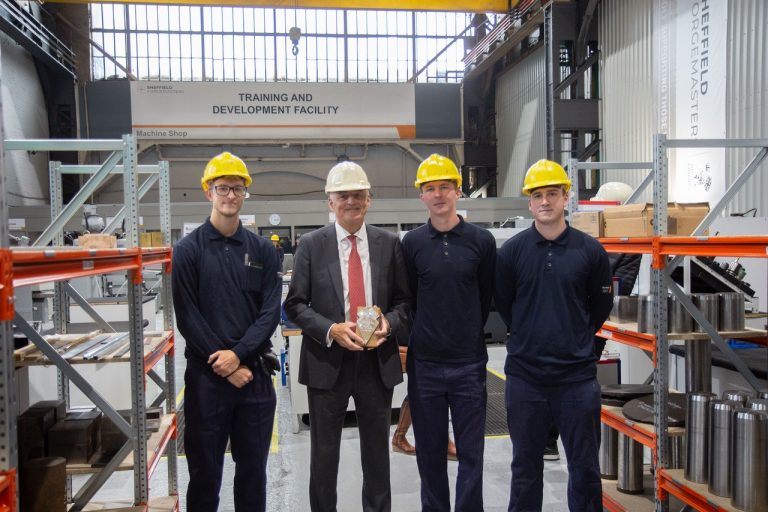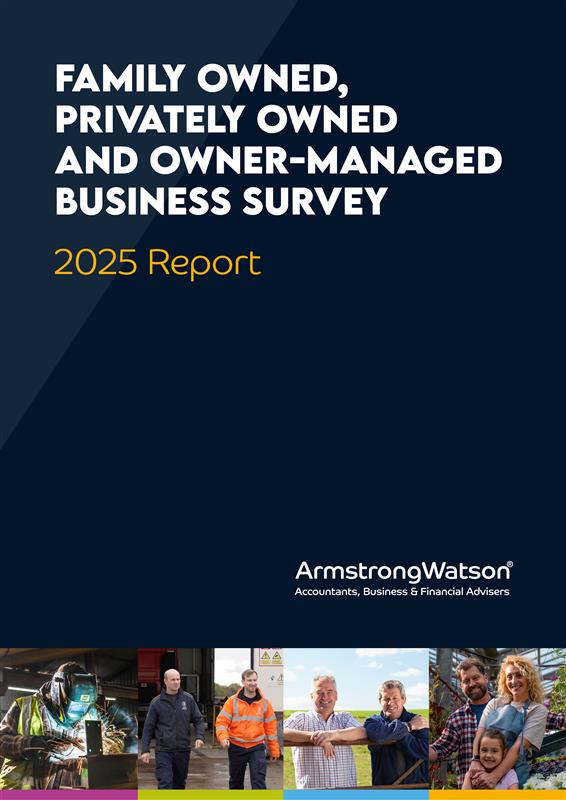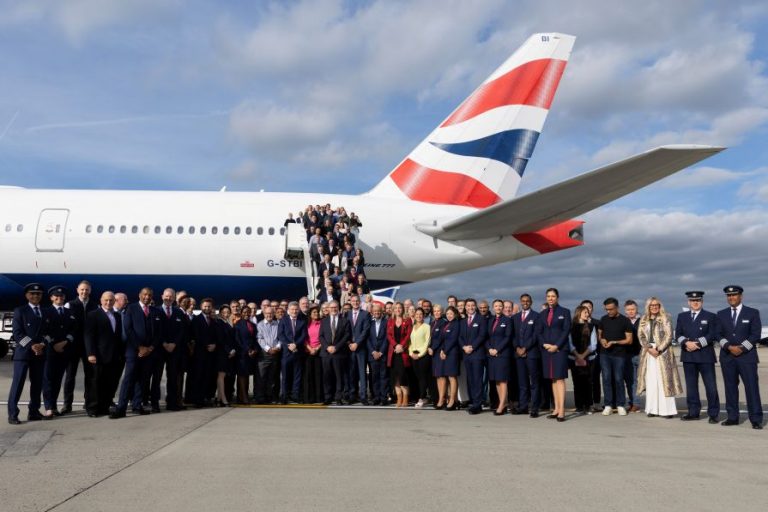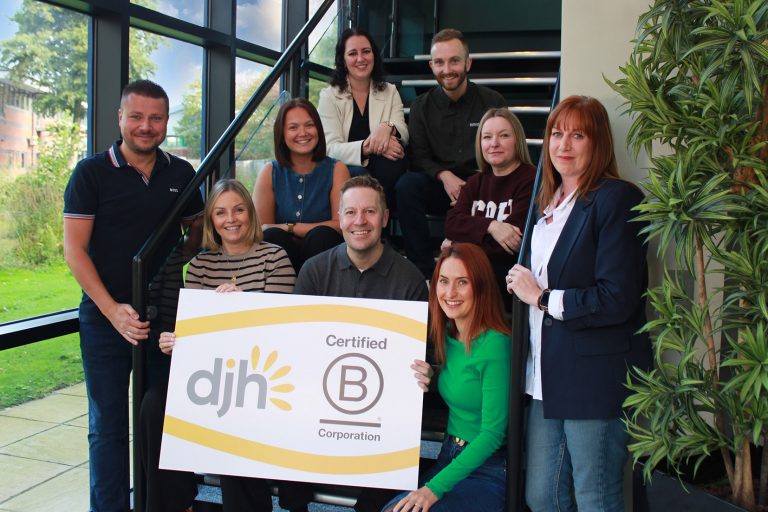Sheffield Forgemasters has opened a 6,700 sq ft training and development centre to strengthen its apprenticeship programme and support future nuclear-grade manufacturing.
The new facility, located within the company’s South Machine Shop at Brightside Lane, includes 18 advanced engineering machines and 800 sq ft of office and teaching space. Among the equipment is a five-axis milling and turning machine designed to train apprentices on complex machining processes used in large-scale industrial manufacturing.
The company has partnered with the University of Sheffield’s AMRC Training Centre under a four-year agreement that embeds a full-time engineering skills coach at the site. The collaboration will deliver specialist training aligned with Industry 4.0 standards, preparing apprentices for the digital and precision manufacturing systems that will underpin Forgemasters’ new 30,000 sq m machining hall.
The initiative forms part of Sheffield Forgemasters’ wider investment in modernising its operations and developing a technically skilled workforce capable of supporting the UK’s growing defence and nuclear sectors.












